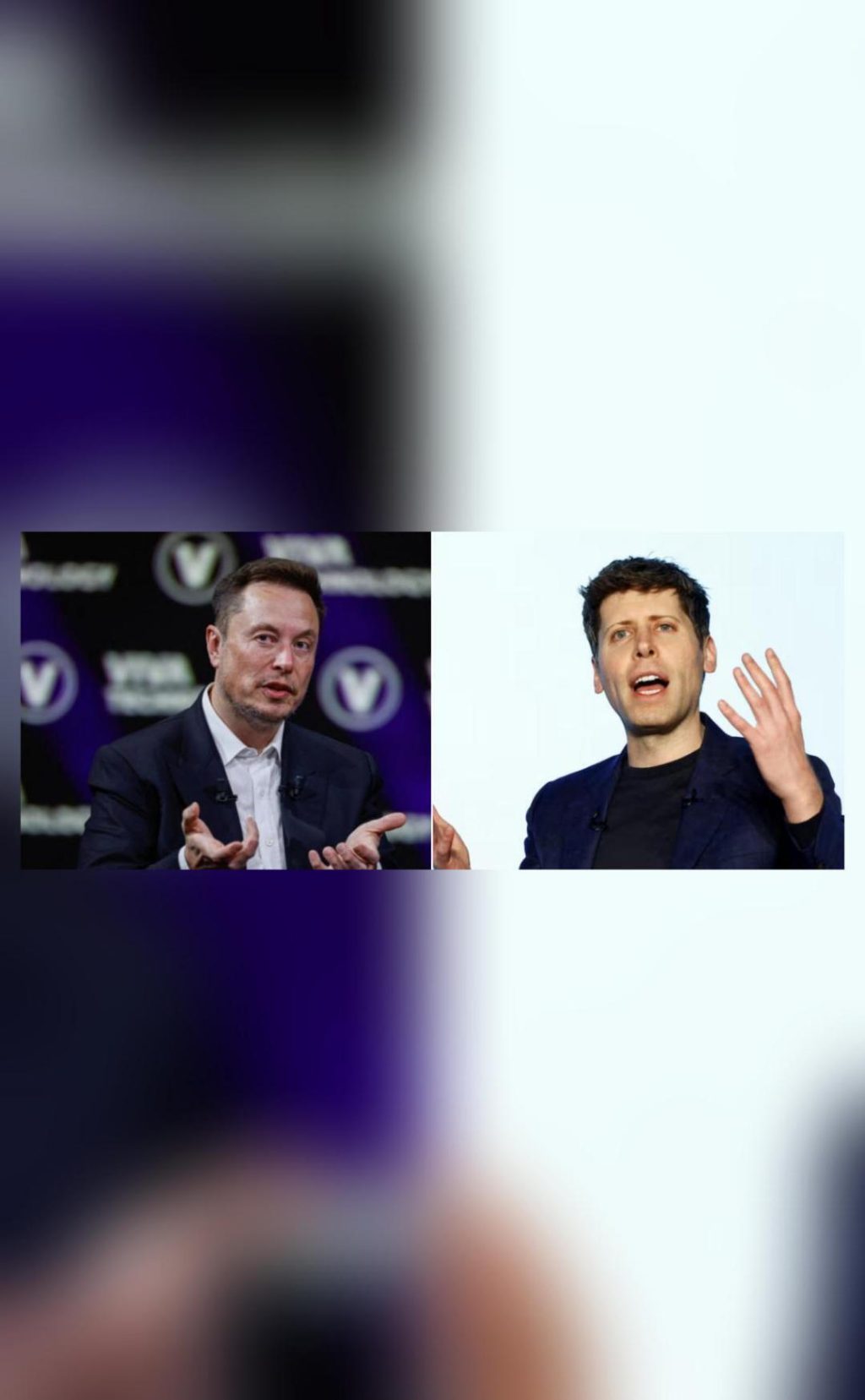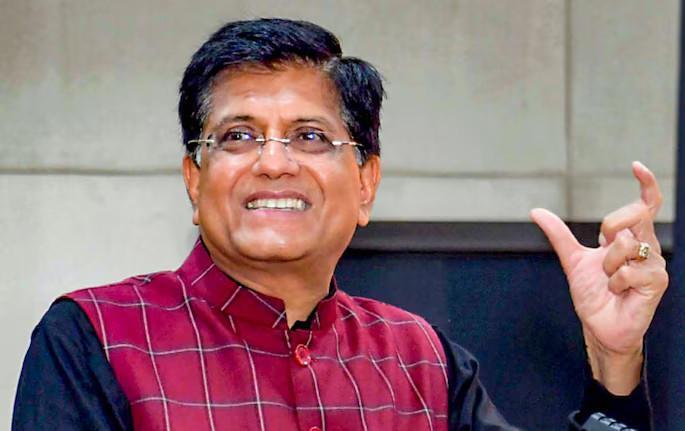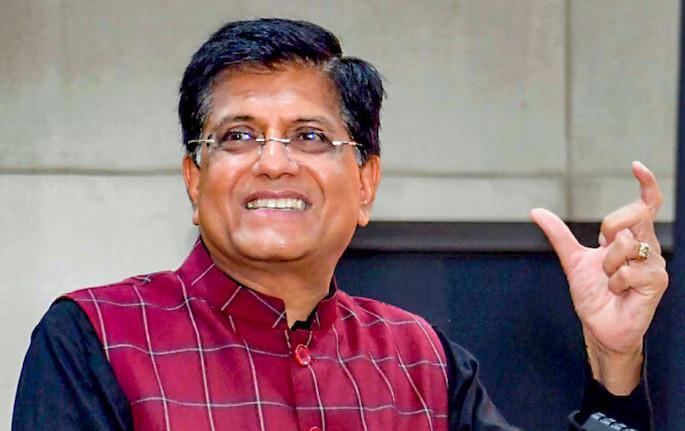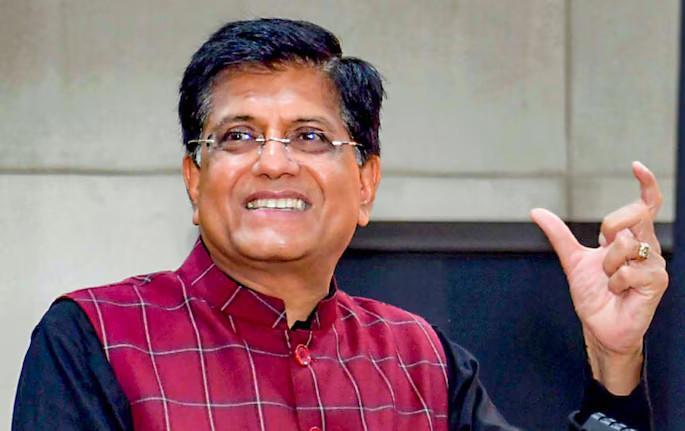
OpenAI & Elon Musk Agree to Fast-Track Trial Over For-Profit Model
In a significant development, OpenAI and Elon Musk have agreed to accelerate the trial process regarding OpenAI’s transition to a for-profit model. This decision comes after a court denied Musk’s request to pause OpenAI’s transition to the new business structure.
As reported by Reuters, OpenAI and Elon Musk, the co-founder of Neuralink and CEO of SpaceX, have agreed to fast-track the trial, which is expected to begin in the coming months. The trial will focus on the dispute between the two parties regarding OpenAI’s shift from a non-profit organization to a for-profit entity.
For those who may not be familiar, OpenAI is a leading artificial intelligence (AI) research organization founded in 2015 by Elon Musk, Sam Altman, and others. The organization’s primary goal was to create AI that is safe and beneficial for humanity. However, last year, Musk sued OpenAI and its CEO Sam Altman, alleging that the company had strayed from its original mission.
Musk’s lawsuit claimed that OpenAI had failed to adhere to its original goals and instead focused on developing AI for commercial purposes. He also accused the company of prioritizing profits over the well-being of humanity. The lawsuit sought to block OpenAI’s transition to a for-profit model, which Musk claimed would lead to the development of more powerful and potentially dangerous AI.
In response to Musk’s lawsuit, OpenAI argued that the company had evolved over time and was now better equipped to achieve its original goals through a for-profit structure. The organization also claimed that it had always maintained a commitment to transparency and accountability, ensuring that any AI developed would benefit humanity.
The court’s denial of Musk’s request to pause OpenAI’s transition to a for-profit model was seen as a significant setback for the billionaire entrepreneur. However, the agreement to fast-track the trial suggests that both parties are eager to resolve the dispute and move forward.
The implications of OpenAI’s transition to a for-profit model are significant, as it could potentially change the direction of AI research and development. If OpenAI is allowed to operate as a for-profit entity, it could lead to the development of more commercial AI applications, which could have both positive and negative consequences.
On the one hand, a for-profit OpenAI could lead to the development of more innovative and practical AI applications, which could benefit society in various ways. For example, AI-powered healthcare systems could improve patient outcomes, while AI-driven transportation systems could reduce traffic congestion and emissions.
On the other hand, a for-profit OpenAI could also lead to the development of more powerful and potentially dangerous AI, which could pose significant risks to humanity. For instance, AI-powered autonomous weapons could be developed, which could lead to unintended and devastating consequences.
The trial between OpenAI and Elon Musk will likely focus on the potential risks and benefits of a for-profit OpenAI. The outcome of the trial will have significant implications for the future of AI research and development, as well as the potential risks and benefits that come with it.
In conclusion, the agreement to fast-track the trial between OpenAI and Elon Musk is a significant development in the ongoing dispute between the two parties. The trial will likely shed light on the potential risks and benefits of a for-profit OpenAI and could have significant implications for the future of AI research and development.
Source:






